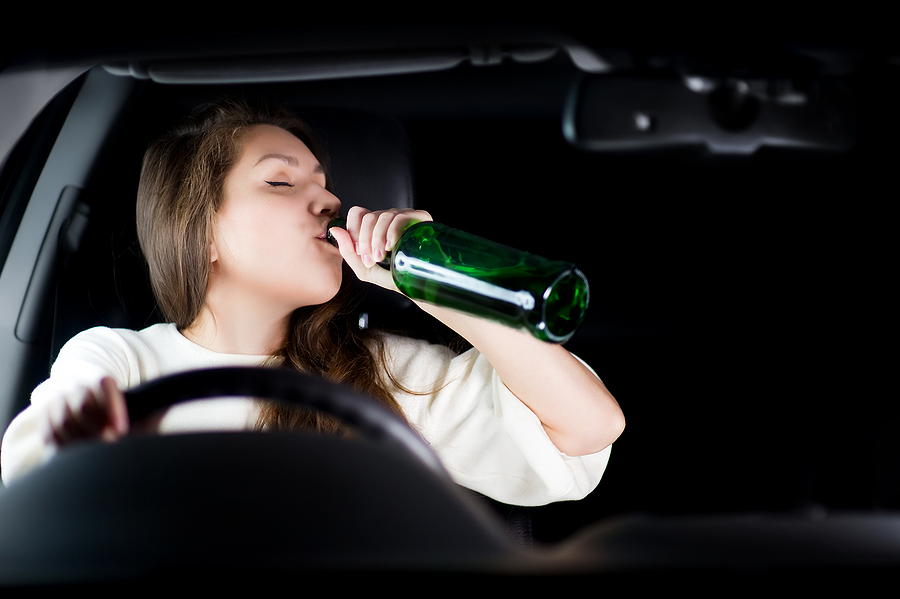Driving While Hungover May Be Just as Bad as Driving While Drunk
 Michael Babboni
Car Accidents
We all know that driving while drunk or under the influence of drugs is dangerous for everyone on the roadway. However, did you know that driving while hungover may be just as bad as driving while drunk?
Michael Babboni
Car Accidents
We all know that driving while drunk or under the influence of drugs is dangerous for everyone on the roadway. However, did you know that driving while hungover may be just as bad as driving while drunk?Recent studies claim that driving while hungover may actually be even more dangerous. Research has shown that a hangover can negatively impact a driver's reaction time and concentration while driving.
According to the study, hungover drivers committed the same mistakes and driving errors as drivers with a blood-alcohol level of 0.05. This included some of the same behaviors while driving, including weaving in and out of lanes and not paying attention to the road and their surroundings.
Dangers of Driving While Hungover
Even if you have tried to sleep it off and your blood alcohol has gone down, it is still too dangerous to drive. Even with the slightest amount of alcohol left in a person's system, people can lose focus and make more mistakes than if they were completely sober.
Driving while hungover not only affects your concentration and reaction time but can also lead to erratic and dangerous driving behaviors. Driving at higher speeds and weaving through traffic are two such behaviors that were observed during studies.
Some also failed to stop at stop signs and also ran red lights. The US Centers for Disease Control have estimated that hangovers have cost the US alone more than $244 billion per year. This includes a decline in workplace activity, drinking-related healthcare expenses, law enforcement, and costs due to car accidents and fatalities.
How Can a Hangover Affect Your Driving?
Hangovers can cause headaches, sensitivity to light, motion sickness, and fatigue.
Headaches: This is one of the more common symptoms of a hangover. Many think it could be caused by dehydration that has caused the alcohol to reduce blood flow and oxygen to the brain. Driving with any kind of headache can be dangerous and can lead to a serious accident.
Light Sensitivity: when hungover, many people become more sensitive to light, which can cause them to squint. The headlights of other cars, the sun, and even streetlights can be hard to deal with while driving.
Motion Sickness: feeling nauseous while hungover is also common. This can lead to motion sickness, which is dangerous while driving. Even a simple turn, changing lanes, or stopping can be affected.
Fatigue: after drinking, you will probably feel tired and driving while tired can be even more dangerous than drunk driving.
Driving while hungover isn't technically labeled as illegal, but that doesn't make it any less dangerous. These studies have shown that driving while hungover is still very similar to driving while impaired and can lead to accidents resulting in serious injuries or even death.
If you or someone you know has been involved in an accident that was the negligence of another driver, then you may be entitled to compensation. Contact an experienced personal injury attorney today to discuss your case and see if you may be entitled to receive compensation for your injuries and other damages resulting from the accident.
